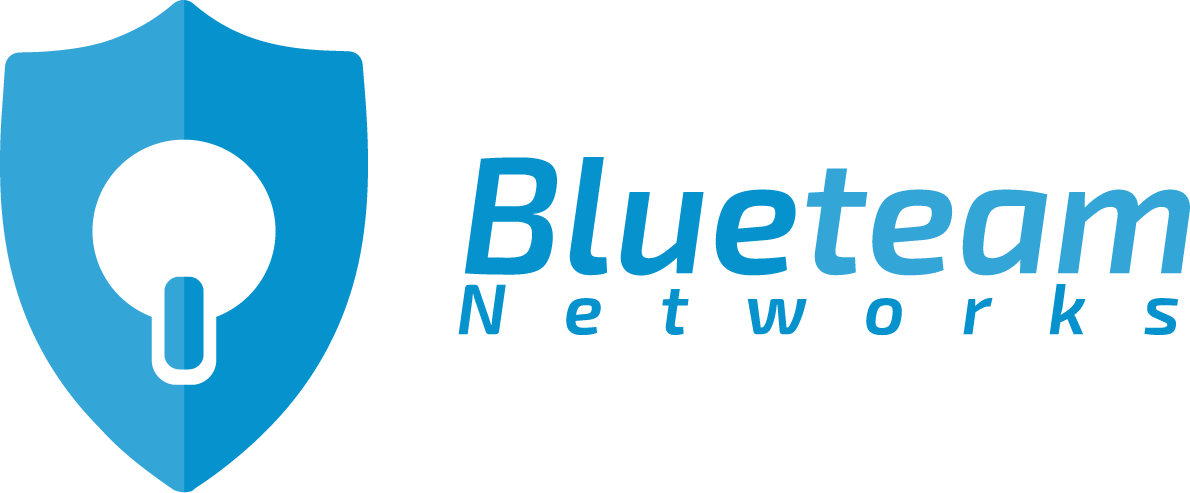It’s widely known that Microsoft PCs are prone to getting viruses and malware, but many people are unaware of the fact that Macs are also at risk. The common misconception that they are immune to getting malware is wrong. As computer hackers become more advanced, it seems that no computer is safe.
What is a Virus?
Computer viruses are written for specific platforms. A virus that is written for Macs will target only Mac computers. These viruses are created to infect as many computers as possible, similar to a human virus.
Why People Think Macs Are Safe
Macs are perceived to be safe compared to Microsoft or Android systems because they are the least popular platform, with just 10% of the market share coming from macOS. For this reason, most computer hackers don’t choose to spend time creating viruses for Macs. It’s more efficient for them to target the more popular platforms. In other words, Macs are not necessarily immune to getting viruses. Instead, they’re just a smaller target for hackers.
The Rise in Mac Viruses
In recent years, there appears to have been a surge in Mac viruses and malware. This comes alongside the increase in popularity of macOS, which is slowly gaining more and more of the market share. As the platform grows, it becomes a larger target for virus creators. Due to the lack of knowledge about this, most Mac users do very little to protect their computers.
How Can Macs Get Viruses?
It’s easy to underestimate just how vulnerable your Mac is, but there are hundreds of thousands of malicious programs that can attack your Mac, and they can do so in a number of ways, including:
- Phishing emails
- Pop-up ads
- Fake apps
These and other forms of attacks make Cybersecurity Awareness Training a must for any organization.
Several types of malware can affect your Mac.
- Spyware – a program that secretly follows your online activity
- Adware – software that causes pop-ups and may monitor your online activity
- Trojans – malicious software that acts as a legitimate program but turns nasty after it’s installed
- Scamware – a program that is used to trick you into giving your personal details or persuades you to download a second, more harmful software
- Ransomware – a nasty malware that locks you out of your computer and demands a payment in the form of cryptocurrency to get your computer decrypted. Even if you pay, there’s no guarantee you’ll get your computer unlocked.
- Sniffers detect specific words on web pages and monitor the user’s typing pattern to trigger the keylogger. This method is used to access your private log-in details to various websites.
See our article: How to Create a Human Firewall at Your Business and Why You Need One
Does your Mac Have a Virus?
Here are some of the things to look out for if you suspect your Mac has been attacked by malware.
- Pop-up ads
- Slowness or crashing
- Uninstalled apps
- Overheating
With many small businesses using Mac computers in the office, it is crucial to be aware of the risks. If you have MACs, and especially PCs, Security Awareness Training is a vital layer of protection against cyber attacks. We like to call it a human firewall, and if you don’t have one get in touch today. We can quickly and easily deploy Security Awareness Training at your organization to keep your network, data, employees, and valuable customers safer.




